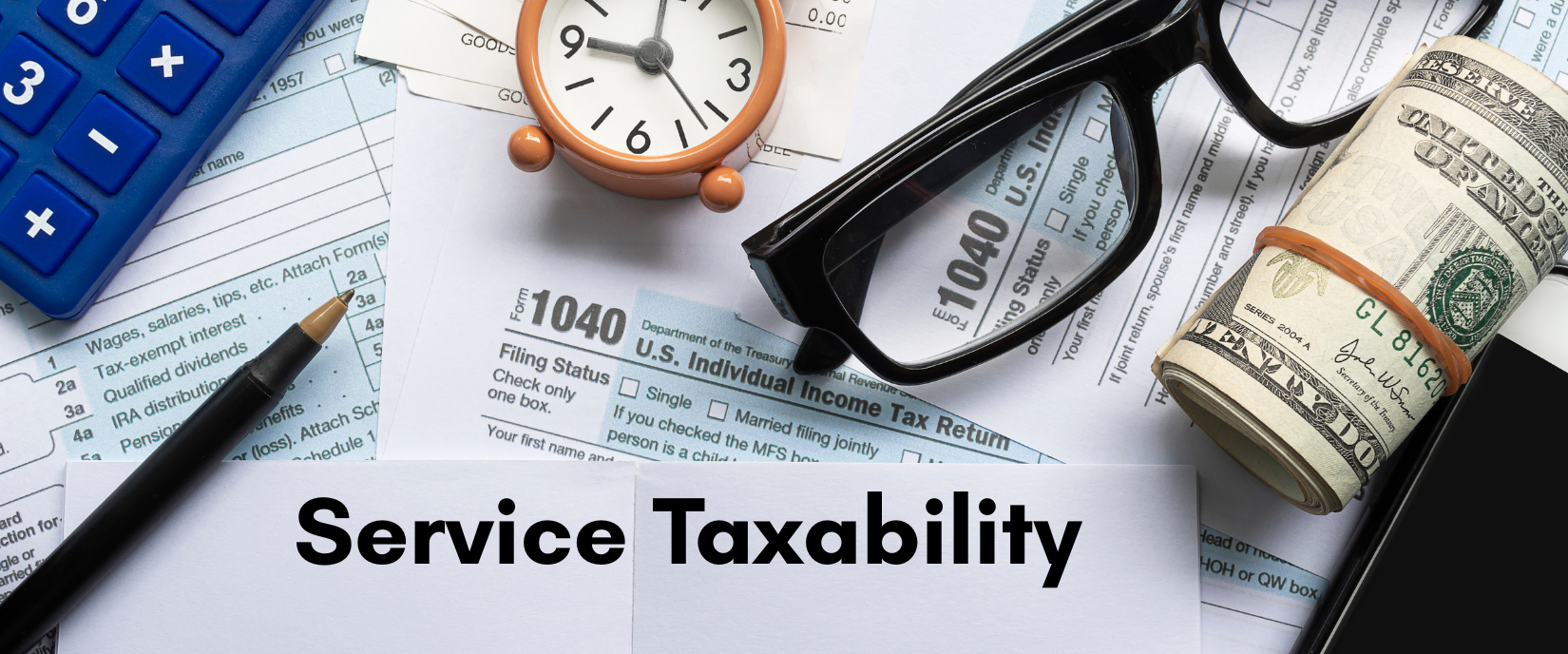


The Delhi High Court has recently clarified that any appeal related to the taxability of services must be filed before the Supreme Court under Section 35L of the Central Excise Act, 1944 (CEA). This ruling came in a case where the Revenue challenged a decision of the Customs, Excise and Service Tax Appellate Tribunal (CESTAT) concerning service tax liability and limitation.
The Revenue filed an appeal against CESTAT’s order in Service Tax Appeal No. 50583/2017, where the tribunal had set aside the Order-in-Original dated 30th December 2016. The tribunal had ruled in favor of Shyam Spectra Private Limited (an Internet Service Provider), observing that the Show Cause Notice dated 19th October 2011 was barred by limitation.
The High Court issued notice on 24th April 2025. In response, the respondent sought dismissal of the appeal, arguing that since the matter involved taxability of services, the appeal should have been filed directly before the Supreme Court, as mandated by Section 35L of the CEA.
The bench of Justice Prathiba M. Singh and Justice Rajneesh Kumar Gupta made the following key observations:
Taxability Appeals Belong to the Supreme Court:
The court ruled that all appeals involving taxability, classification, or valuation must be filed before the Supreme Court under Section 35L, even if the tribunal's ruling was based only on limitation.
Exemption and CENVAT Issues:
The Order-in-Original had denied the benefit of Notification No. 4/2004-ST to Shyam Spectra Pvt. Ltd. and had demanded ₹3.13 crore in service tax, along with interest and penalty. Since this issue directly involved service tax applicability, the correct forum of appeal was the Supreme Court.
Precedent Cases:
In Commissioner of Service Tax v. Ernst & Young Pvt. Ltd., it was established that any order involving the determination of tax rates, valuation, or exemptions must go directly to the Supreme Court.
The SpiceJet Ltd. case further clarified that even when the issue of limitation is raised, if taxability forms part of the original order, the matter is appealable under Section 35L.
The court also cited Delhi Gymkhana Club Ltd. and Navin Chemicals, where the Supreme Court had interpreted “determination of any question having a relation to the rate of duty or value” to include classification, exemption applicability, and valuation.
Jurisdiction of High Court:
The court concluded that since the original order dealt with service tax levy, penalty, and CENVAT credit eligibility, the appeal involved taxability questions. Therefore, the High Court did not have the jurisdiction to hear the matter.
Appeals on service taxability must be filed before the Supreme Court, not the High Courts.
Even if a tribunal decision is based on limitation, if taxability is part of the original order, Section 35L applies.
The ruling strengthens the legal framework for tax-related appeals, ensuring clarity and consistency.
This judgment will streamline tax litigation by directing all cases involving service tax applicability, classification, or exemptions to the Supreme Court. Taxpayers and the Revenue authorities will now need to carefully evaluate appellate forums before challenging orders, thereby reducing unnecessary legal hurdles.
1. What is Section 35L of the Central Excise Act?
Section 35L provides that appeals involving taxability, valuation, or duty rates must be filed before the Supreme Court.
2. Why was this appeal dismissed?
The High Court held that it lacked jurisdiction since the issue involved taxability, which falls under the Supreme Court’s purview.
3. What was the tax demand in this case?
The demand raised in the Order-in-Original was ₹3.13 crore, along with interest and penalties.
4. Does limitation affect the appellate jurisdiction?
No. Even if limitation is the primary issue, if taxability or valuation is involved, the matter is appealable under Section 35L.
5. Which company was involved in this case?
Shyam Spectra Pvt. Ltd., an Internet Service Provider offering services to entities like STPIs and embassies.
The Delhi High Court’s ruling emphasizes that taxability-related disputes in service tax matters must be escalated directly to the Supreme Court under Section 35L of the CEA. This judgment aligns with previous rulings and ensures that appellate processes remain consistent and efficient.
Have questions about tax filing or financial compliance? Share your thoughts, and let our experts guide you with accurate and reliable advice.
Try it Risk Free we Don’t Charge Cancellation Fees.


Post By : CA Madhur
Jul 19, 2025